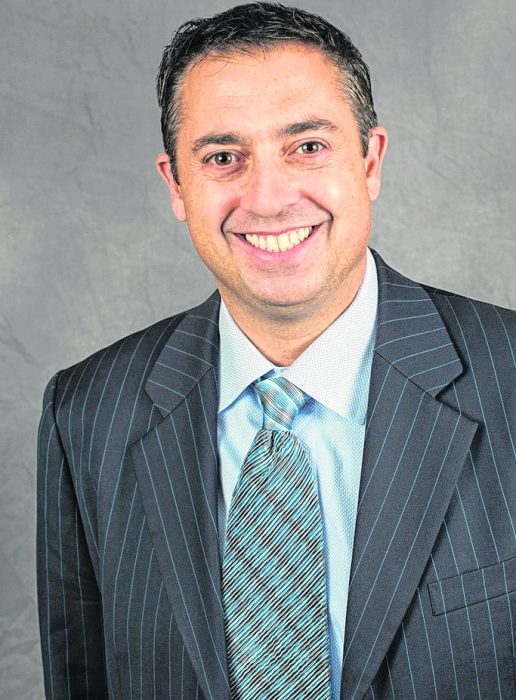Nobody likes to think about their mortality. But aging and death are inevitable, and the best thing we can do for ourselves and our loved ones is to take action while we are healthy, to ensure we are protected during life and after death.
One of the best ways to do that is by putting a basic estate plan in place.
There are four basic estate planning documents that everyone should have: (1) Last Will and Testament, (2) Power of Attorney, (3) Health Care Proxy, and (4) Living Will. Each of these documents plays a critical role in your estate plan.
- Last Will and Testament– allows you to decide: who will receive your property after you die; when and how they will receive it, and who is responsible for making sure your property is distributed according to your wishes. Without leaving a validly executed Will, your property will be distributed according to the prescribed laws of the state you live in, which may not align with your wishes. If you are the parent of minor children, your Will also allows you to appoint Guardians to care for your children until they turn 18.
- Power of Attorney– allows you to appoint agents to make decisions and act on your behalf, while you are alive, relating to financial and transactional matters. The power of attorney is useful in the event you are incapacitated and cannot act on your own, or if there becomes a need to engage in planning to qualify for Medicaid.
- Health Care Proxy- allows you to appoint agents to make medical decisions for you, while you are alive, if you are unable to make them for yourself. Situations where this could arise are in the event of a medical emergency or if you are incapacitated. (The Health Care Proxy should not be confused for end-of-life decision making which is covered by the Living Will).
- Living Will (“Advance Medical Directive”)- A statement of your end-of-life wishes in the event your physicians determine there is no reasonable expectation of your recovery. It allows you to instruct your loved ones about your preferences for artificial hydration and nutrition, intubation, organ donation, administration of medications, CPR, or other extraordinary measures that would prolong the dying process.
These four documents create the foundation of a basic estate plan which you can build on throughout your life through the creation of Living Trusts, appointing standby guardians for your minor children, or even appointing agents to control the disposition of your remains. Taking your personal circumstances into account, an estate planning attorney can help develop the best plan to meet your individual needs.
By planning ahead, you can take some of the worry out of aging. The peace of mind will be worth the time you put into making a plan.
Helen Tuckman is an attorney in Vishnick McGovern Milizio LLP’s Wills, Trusts, and Estates practice. Her work focuses on Trust and Estate Planning, Trust and Estate Administration, Elder Law, and Special Needs Planning. She can be reached at htuckman@vmmlegal.com and 516.437.4385.































